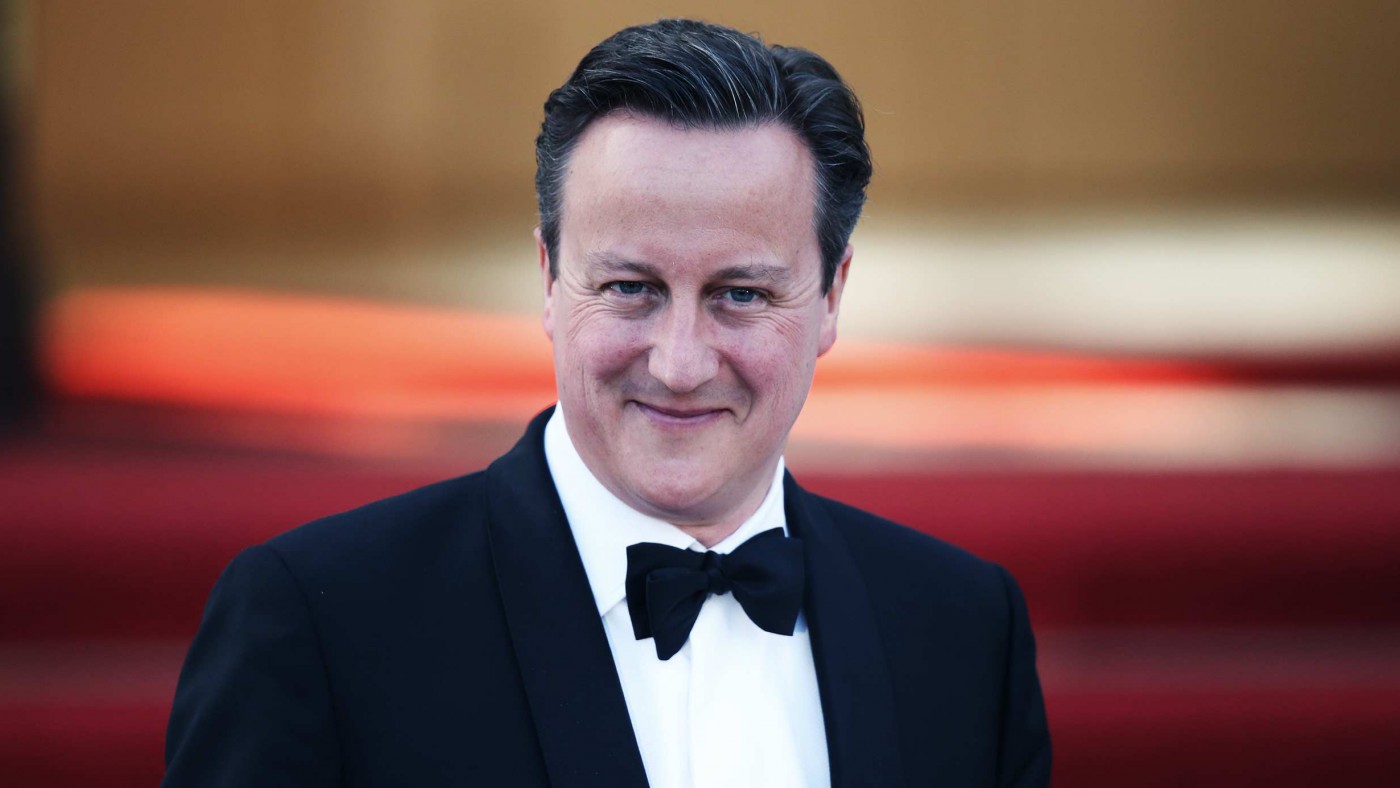It could have been tricky. Hundreds of Tories had gathered for a summer party. After the unexpected election victory, they would have been in a mood to celebrate, with the help of a speech from the Prime Minister, largely consisting of jokes and knockabout. Then came Tunis. Terrorists cannot be allowed to derail such events; that would be giving them a victory. Yet some acknowledgement was required. How could that be harmonised with a light-hearted event? Only with difficulty. But David Cameron not only surmounted that difficulty. He did so in a masterful fashion, with a speech which he himself had written that afternoon.
It was hardly the greatest challenge he had faced: Prime Ministers have to deal with far more serious problems on a daily basis. Nor did he say anything new: not easy on the vexed subject of Islamic terrorism. On this occasion, tone was more important than content, and his was resolute, passionate – and inspiring. Terrorism shall have no dominion.
But the speech was not just a rhetorical success. It was symbolic. I have heard a large number of Cameron speeches. I thought that it was up there with the best, as did half-a-dozen senior figures around me. This is a man in charge: a premier in the plenitude of authority and command.
This is also a man who is more than half way through his term of office. Mr Cameron has announced that he will not fight the next Election. In practice, that would probably mean retirement in the spring of 2019, and the age of fifty-two, to give his successor a year to play himself in. That would mean a nine-year Premiership, a length of service which exceeds a two-term US Presidency, and which has only been surpassed by three Prime Ministers who served during the Twentieth Century: Salisbury, Thatcher and Blair. So it might seem a long-enough innings, but for one factor. There is absolutely no sign that this current batsman is wearying at the crease.
Salisbury was aging fast when he retired, and died a year later. Mrs Thatcher was also showing signs of exhaustion and her judgment was suffering. As for Tony Blair, the boyish looks of 1997 are long gone, replaced by an gray and haunted visage, as if he were saying to the world: “After such knowledge, what forgiveness?”
There is none of that sense with David Cameron. In part, this is due to his strengths of temperament. This is a man who is happy in his own skin and full of intellectual self-confidence, who knows how to use his time effectively. The PM is a natural multi-tasker. A constant supply of stress comes with the territory, but he never allows it to get on top of him or wear him down. He enjoys his job and has never doubted his ability to do it.
One day, there will be a successor, but none of the possible candidates could have emulated that recent speech. Margaret Thatcher, yes: John Major, yes – but the youngsters still have a way to go. Is four years enough time? As 2019 approaches, we can expect an increasing clamour from anxious Tories wondering whether the PM will change his mind.
On present evidence, they will wonder in vain. Mr Cameron has taken his decision and seems wholly at ease with it. Even so: a Premiership has two modes. When you are in command of events, it must be like driving a Rolls-Royce down a straight empty road. Assuming that you enjoy motoring, why give that up? If events were playing up, you would not want to walk away. So those who hope that the PM might change his mind need not yet lasciare ogni speranza. Of the twenty-two Premiers since 1900, only one, Stanley Baldwin, relinquished office wholly voluntarily – and he was almost seventy. The rest succumbed to health, the electorate or revolting colleagues.
There is a further point. Of those twenty two Prime Ministers since, seventeen first took office when they were already older than Mr Cameron will be in the spring of 2019: some of them ten years older. Mrs Thatcher was almost the same age. Only Wilson, Major and Blair were younger. If David Cameron sticks to his intention, it will be a remarkable resignation. During the past five years, he has won more respect than affection. There is no sign that this will change. But respect is more important. Mr Cameron himself has said that it would be sensible to quit before the public become fed up. If he does stick to his self-imposed timetable, he will achieve that goal. First, however, he will have to ignore the calls of “encore”.


